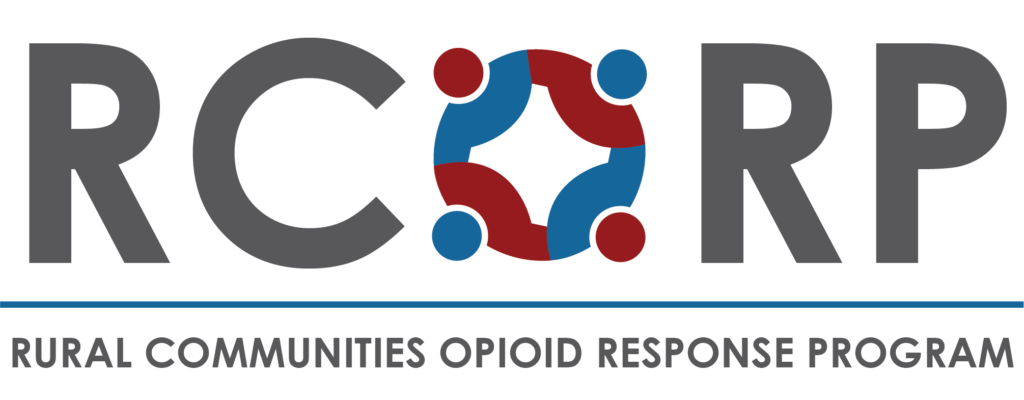Assessment of Substance Use Disorder Stigma and Strategies for Addressing Stigma in Rural Areas
This presentation shares results from the National Report on Rural Substance Use Disorder Stigma and Treatment Needs — a collaborative nationwide effort conducted by all three Rural Centers of Excellence. Representatives from each RCOE discuss strategies for addressing stigma in rural areas.
Nurse Practitioners and Physician Assistants as Buprenorphine Providers: Facilitators and Barriers
This webinar presentation describes the expansion of nurse practitioners and other advanced practice clinicians into opioid use disorder treatment, particularly in rural communities. It also explores barriers and facilitators regarding nurse practitioner engagement in buprenorphine treatment, including regulations, education, and broader social factors such as stigma. Specific considerations for advanced practice clinicians’ work with members of rural communities are discussed.
Reducing Stigma in Rural EDs and Other Care Settings
This campaign aims to promote a stigma-free care environment while connecting individuals and families with treatment resources. It includes posters featuring people in recovery and emergency department providers who care for patients with substance use disorder. QR codes on the posters link to short videos with these individuals’ stories.
How to Handle NIMBY
When a recovery housing site is proposed, the project may be met with a “Not in My Backyard (NIMBY)” reaction from the community members. This guide includes a methodology and checklist to proactively address NIMBY issues in your community.

